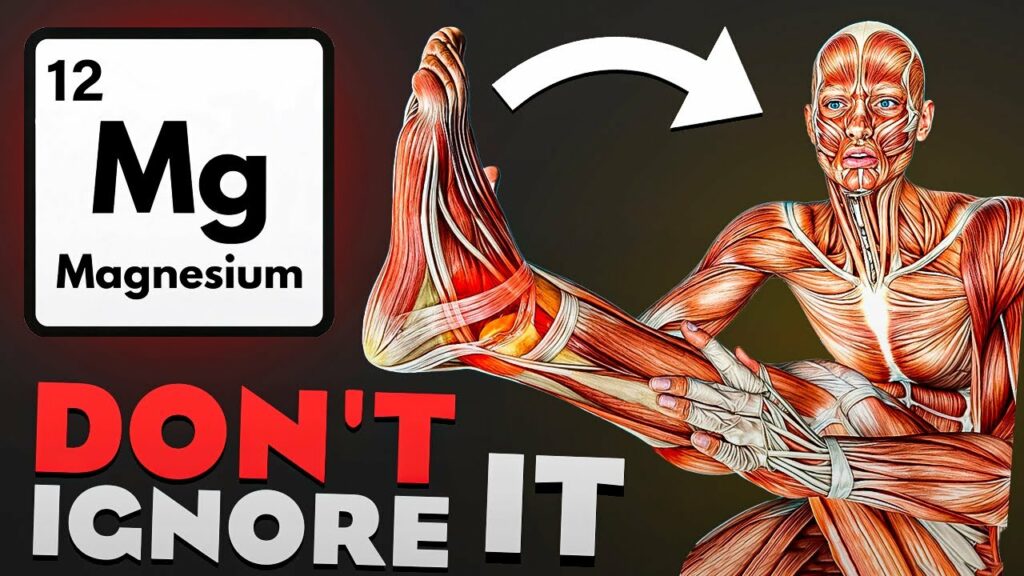
Magnesium is an essential mineral that plays a crucial role in many bodily functions, from muscle and nerve function to energy production and bone health. Unfortunately, many people don’t get enough magnesium in their diets, leading to a deficiency that can manifest in various ways. Here are nine urgent signs that your body might be crying out for more magnesium.
1. Muscle Cramps and Spasms
If you frequently experience muscle cramps or spasms, especially at night, it could be a sign of magnesium deficiency. Magnesium helps muscles relax, so a lack of it can cause them to contract involuntarily.
2. Fatigue and Weakness
Feeling unusually tired or weak without a clear reason? Magnesium plays a key role in energy production, and low levels can lead to chronic fatigue and overall weakness.
3. Mental Health Issues
Magnesium is crucial for brain function and mood regulation. A deficiency can contribute to mental health issues such as anxiety, depression, and irritability.
4. Sleep Problems
Struggling to get a good night’s sleep? Magnesium deficiency can cause insomnia or restless sleep. Magnesium helps regulate neurotransmitters that are involved in sleep.
5. High Blood Pressure
Magnesium helps relax blood vessels, promoting healthy blood flow. Low levels of magnesium can contribute to high blood pressure and increase the risk of cardiovascular diseases.
6. Irregular Heartbeat
An irregular heartbeat, or arrhythmia, can be a serious sign of magnesium deficiency. Magnesium is vital for maintaining a normal heart rhythm.
7. Bone Health Issues
Magnesium is essential for bone health because it helps regulate calcium levels. A deficiency can lead to weaker bones, increasing the risk of fractures and osteoporosis.
8. Numbness and Tingling
If you experience frequent numbness or tingling in your extremities, it could be a sign that your magnesium levels are low. Magnesium deficiency can affect nerve function, leading to these sensations.
9. Migraines and Headaches
Frequent headaches or migraines can also be linked to low magnesium levels. Magnesium helps relax blood vessels in the brain, and a deficiency can lead to increased tension and pain.
How to Increase Your Magnesium Intake
To ensure you’re getting enough magnesium, include more magnesium-rich foods in your diet, such as:
-
Leafy green vegetables (spinach, kale)
-
Nuts and seeds (almonds, sunflower seeds)
-
Whole grains (brown rice, quinoa)
-
Legumes (black beans, chickpeas)
-
Fish (salmon, mackerel)
-
Bananas and avocados
You can also consider taking a magnesium supplement, but it’s always best to consult with a healthcare provider before starting any new supplement regimen.
Conclusion
Recognizing these signs early can help you address a magnesium deficiency before it leads to more serious health problems. By incorporating magnesium-rich foods into your diet or taking supplements as needed, you can ensure your body gets the magnesium it needs to function optimally. Stay healthy and listen to what your body is telling you!





